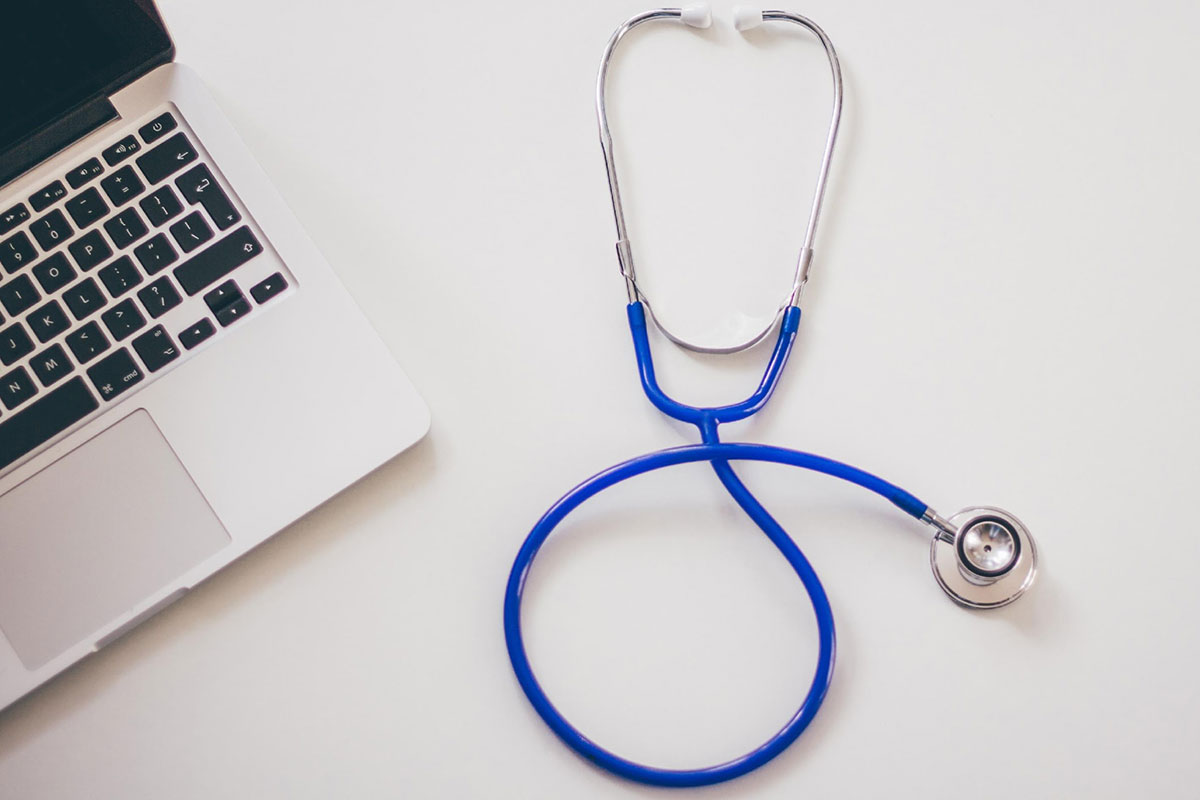2020 tested the responsiveness of healthcare services worldwide.
Despite the many limitations and difficulties connected to this public health crisis, medical sciences quickly adapted and responded to the emerging needs associated with the pandemic. Over the past year, we have witnessed an acceleration in technological developments, which led to an increase in supply and diversity of health services provided at a distance, and telemedicine.
Telemedicine does not replace face-to-face healthcare in many cases – but it offers a real opportunity to centralize care, building a bridge between people and the medical community.
However, we have to ensure that health professionals have access to knowledge, with more attention being given to the beneficiaries of these new services. It is incremental to take action in promoting health and technological literacy – thus supporting a far more optimal use of these new tools. The World Health Organization (WHO) defines health literacy as the achievement of personal skills and social resources which help individuals and communities to access, understand, evaluate and use information and services, so that they can take better decisions regarding their health. Thus, promoting health literacy can lead to improvements in citizens’ capacity to manage their health, becoming better public health agents, and ultimately contributing to improvements in the wider scope of health and wellbeing.
Social status and the level of education alone do not determine whether someone will have a better understanding of healthcare. Knowledge increases when there is more familiarity with certain health issues. When faced with a new medical condition and dealing with unfamiliar symptoms and its repercussions (i.e. the COVID-19 pandemic), it is essential to promote health literacy, so that the public will be better informed, knowing which behaviors and actions should be avoided to ensure the impact and severity of the situation is reduced.
A great example of the importance of health literacy is connected to the impact this pandemic had on people with diabetes. People who have been diagnosed with diabetes should take medication regularly and monitor their blood sugar levels continuously. Due to lockdowns and a decrease in the availability of face-to-face medical appointments these patients suffered as their condition was not being well monitored. This meant it was now much more important to ensure that patients were able to autonomously identify their symptoms and know which course of action to take regarding their own health.
We witnessed an upsurge in fake news connected to the pandemic, which is a quite common phenomenon whenever we deal with a global health crisis. The issue is that this type of misleading information can have very serious consequences on public health. To fight this misinformation crisis, the World Health Organization shared a series of myth busters meant to alert the population and help prevent potentially harmful information from being shared (Figure 1).

Figure 1 – Coronavirus disease (COVID-19) advice for the public: Mythbusters
Despite the abundance of reliable information about the behaviors which should be adopted in the context of COVID-19, many people still promote social gatherings or refrain from wearing masks. This means that accurate knowledge regarding this disease is still limited and that there is still a lot of work to do in this field. Governments, healthcare professionals, and the media are not the only ones responsible for improving health literacy – citizens play a vital role in this process too.
Tools to improve Health Literacy
Patient Advocacy
This concept hasn’t yet been introduced into Portugal’s Healthcare services but it is well established in the US. If Portugal aims at providing excellent care it should work on including Patient Advocacy as part of its Health services.
The Patient Advocate role has been taken over by nurses, social workers and other healthcare professionals – but it hasn’t been institutionalized yet. Each patient can only have one Patient Advocate, who will provide support in all stages of the illness. This role contributes to the protection of patients’ interests, through monitoring the dialogue with health professionals, helping them understand several options available to the patients, and always respecting their final decision. In sum, the Patient Advocate promotes health literacy in the healthcare system while helping patients become better informed about health-related issues.
One of the movements encouraging the use of Patient Advocate is Speak Up, and it has a strong presence in American hospitals (The Joint Commission, 2020). Patients are encouraged to ask all the necessary questions about their health, as many times as they want, until they feel fully informed, being empowered to take an active part in decisions about the treatment of their condition.
Although this concept is not yet formally used in Portugal, Atua Saúde created a checklist on “How to become a Patient Advocate”.
Adapting the terms used in Healthcare
Planetree International has launched a movement stating that the words we choose and use have an impact on what other people think and feel (e.g. regarding the most common symptoms associated with the COVID-19 pandemic). If we start using different expressions that convey the same message, but in a clearer, more understandable, and above all, more human way, we can have more promising results (Figure 2).

It is essential that health services invest more and more in health literacy so that each of us is more informed and aware of our health problems, as well as those existing at the public level. This will drive more appropriate and lower risk behaviors, as well as the achievement of more targeted and faster treatments, with advantages for everyone – the patient will be healthier, the insurance companies will have less risk and there will be an optimization of resources and costs in the medical field.
Future Healthcare joins this collective effort to promote health literacy through the launch of the program “Cuide de Si”. This program aims to demystify health-related issues, by integrating different approaches, including the medical perspective, physical activity, psychology and nutrition, through the voice of experts from Future Healthcare Virtual Clinic. Each episode will be dedicated to one of the health and wellness questions that are most frequently asked to our team of experts.

